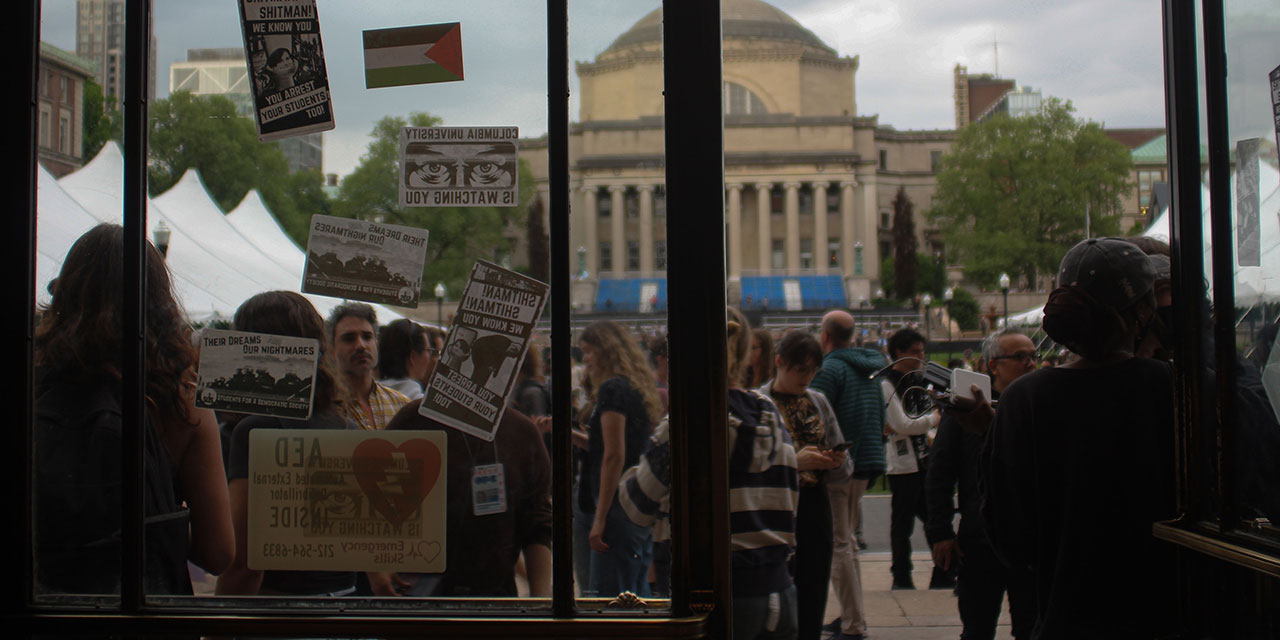Yesterday I wrote about the claim, made by a Trump administration lawyer during oral arguments, that Trump’s “Liberation Day” tariffs were in response to a “spike” in the U.S. trade deficit. As I noted, the closest the “Liberation Day” Executive Order comes to specifying any such spike is when it complains that the U.S. goods trade deficit in 2024 was 40 percent higher than that ‘deficit’ was in 2019. As I also noted, that 40-percent hike was indeed larger than the 15-percent increase in the goods trade deficit in the previous five-year period.
But (and these days this fact cannot be repeated too often) a goods trade deficit is an economically meaningless – indeed, illegitimate – concept. It’s the economic equivalent of people writing about human health and medicine while focusing on the four humors, or of judges determining the likelihood that someone committed a crime by consulting chicken entrails.
Because people produce and consume goods and services – and given that 80 percent of U.S. GDP today is services – to be at all legitimate, analyses and discussions of trade must consider goods and services.
So was there any recent “spike” in the U.S. trade deficit of goods and services that the Trump administration can point to as justification for the “Liberation Day” tariffs? No. In 2024, the inflation-adjusted U.S. trade deficit in goods and services was 68 percent larger than it was in 2019. But in 2019, this inflation-adjusted ‘deficit’ was 77 percent larger than it was in 2014.
In other words, the only time period that the “Liberation Day” Executive Order comes close to identifying as one over which there occurred an emergency spike in the trade deficit (2019-2024) is a time period during which the trade deficit in goods and services rose by a smaller percentage amount than it rose during the previous five-year period.
Of course, in the end – because U.S. trade deficits are largely phenomena for Americans to applaud rather than to oppose – all this administration talk of trade deficits being an economic emergency is utterly misguided. But if anyone insists on quaking in fear over U.S. trade deficits, then that quaking should be over the deficit in goods and services – and that deficit did not spike in any time period over which Trump & Co. can credibly claim to have prompted his April 2nd announcement of his “Liberation Day” tariffs.
The post There Was No “Spike” In the U.S. Trade Deficit That Could Legitimately Have Prompted Trump’s “Liberation Day” Punitive Taxes on Americans appeared first on Cafe Hayek.



